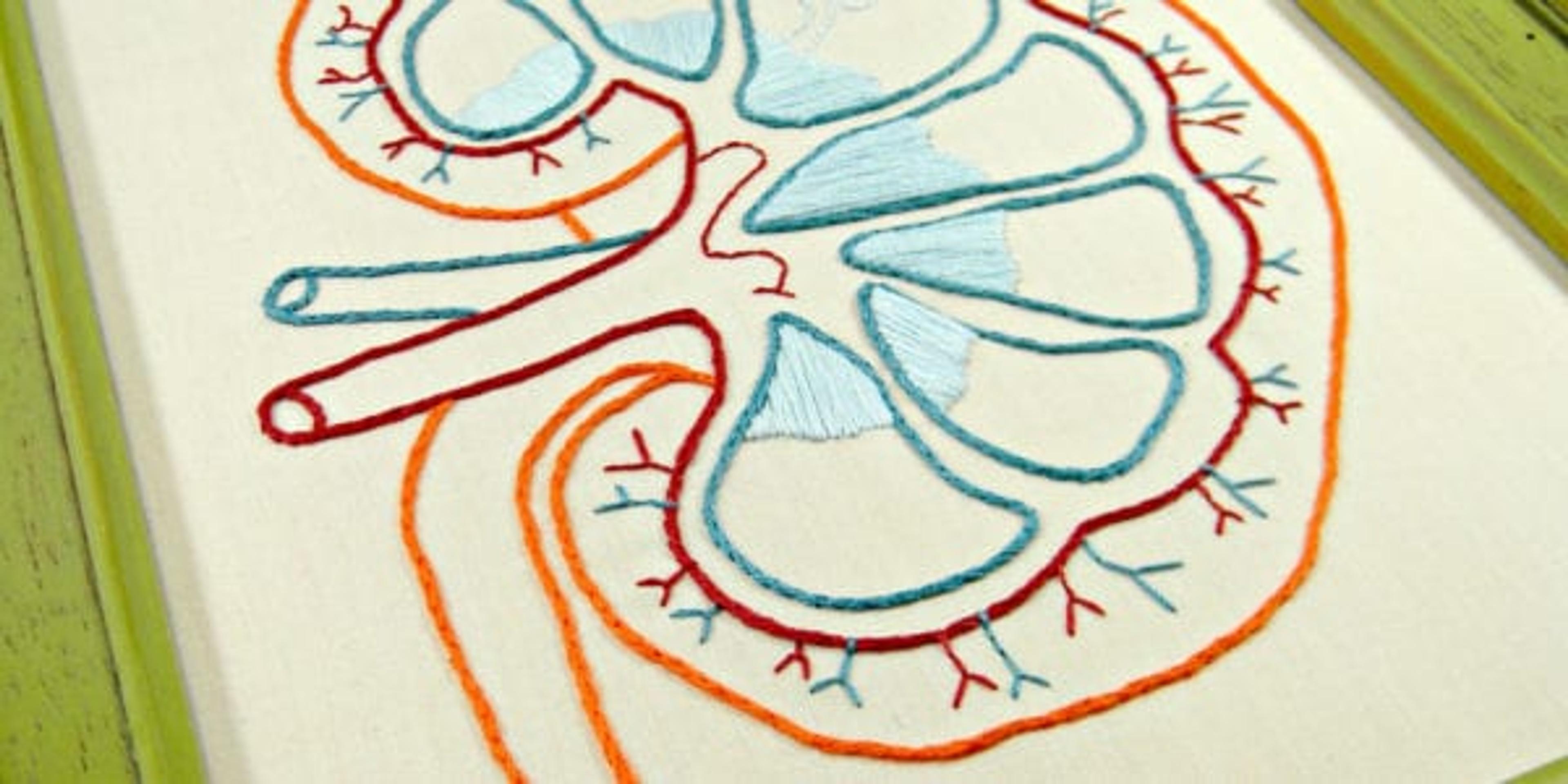Better Kidney Health For Kids: Seven Golden Rules
Guest Blogger
| 4 min read

More than 900,000 Michigan adults have chronic kidney disease and most don’t know it. In most cases, chronic kidney disease can be managed or prevented to delay the onset of other health complications.
This March, the National Kidney Foundation of Michigan will honor National Kidney Month by educating communities about the seven golden rules for better kidney health in kids.
The kidneys are the body’s chemical factories, filtering waste and performing vital functions that control things like red blood cell production and blood pressure. But over time, the kidneys can become damaged with little or no physical symptoms to warn you that your kidneys are in trouble.

Practicing healthful habits at a young age is vital to preventing kidney disease. Many habits learned by kids can set the stage for kidney health as they get older.
Help your children protect their kidneys by following these seven golden rules:
- Get regular exercise/activity/play: Regular exercise and physical activity can help kids feel better, and improve and maintain their health. Physical activity helps keep many parts of their body healthy, including bones, muscles, heart, and kidneys. Children and adolescents should be physically active for 60 minutes each day.
- Reduce sugar: Too much sugar can raise the risk of diabetes as kids get older. High blood sugar can also put a strain on their kidneys. Diabetes is the leading cause of kidney failure in adults. You can lower your child’s sugar intake by cutting back on sugary drinks, such as sodas, juices and sports drinks; sugary snacks and cereals; and other foods that have added sugar.
- Serve water: Serving water instead of sugary drinks is a good way to cut down on sugar. Water is important for good kidney health and helps the kidneys remove wastes from the blood in the form of urine. Water also helps the blood travel freely through the kidneys and the rest of the body. Making sure kids drink enough water is important, especially when they are active when the weather is warm and humid.
- Reduce salt: Sodium is needed for the body to function, but too much sodium can be harmful. Sodium can make the body hold on to more water. This extra stored water can raise blood pressure and strain different parts of the body, including blood vessels and kidneys. Table salt and salty snacks should be cut back. Processed foods and fast food also have high amounts of sodium and should be limited.
- Maintain a healthy weight: Everyone needs some body fat for energy, heat insulation, and other body functions. This is especially true for kids. However, too much fat and calories can lead to weight gain. Having too much body fat and weight can lead to serious health problems. The more excess body fat a child has, as they get older, the greater their risk for diabetes, kidney disease, heart disease, and other problems. You should speak to a healthcare provider about your child’s proper weight range.
- Use medications properly: If your child needs to take certain medications, it is important to stick to their medication schedule. Also, overuse of certain pain medicines can be harmful to the kidneys. It is important to speak to your child’s healthcare provider before using any medicine for your child, and to read medication labels carefully.
- Get regular checkups: Make sure you get regular checkups for your child. Their healthcare provider will check their overall health and look for any possible problems. Let your child’s healthcare provider know if they are experiencing any unusual symptoms, such as feeling tired, difficulty sleeping, trouble concentrating, poor appetite, issues with urinating, swollen feet and ankles, and/or puffiness around their eyes.
Throughout National Kidney Month, the National Kidney Foundation of Michigan is offering resources, community events, and more!
On March 10, 2016, join the world-wide celebration of World Kidney Day by wearing orange and sharing your photos on social media with hashtag #KidneyMI. To find a local program or event near you, or to learn more about the risk factors for kidney disease, visit www.nkfm.org/KidneyMonth.

About the author: Mary Hiller is a communications coordinator for the National Kidney Foundation of Michigan. She hopes to provide Michigan residents with resources that will help them live a healthy life. Mary enjoys doing yoga, trying new restaurants, and the (sunny) Michigan outdoors.
If you liked this post, you may be interested in reading:
Photo credit: Hey Paul Studios





